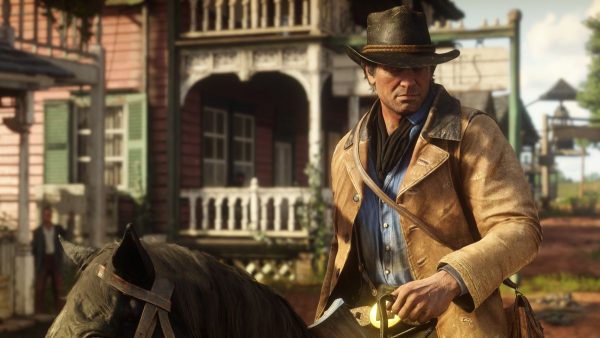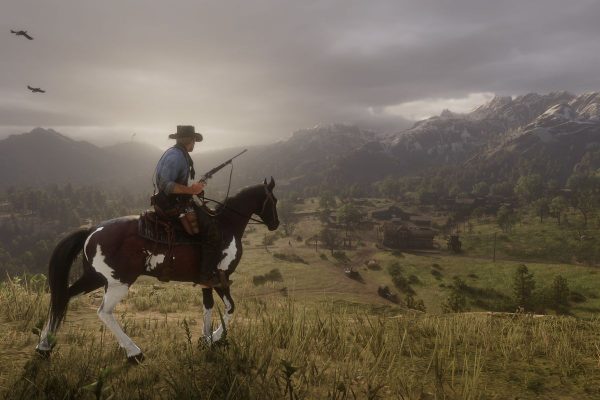The scale and scope of computer games has expanded so much that to get them made developers and publishers are pushing their employees to their limits.
Red Dead Redemption 2 (RDR2) – released on October 26th – is the epitome of the expensive large-scale video game. It has a massive map; hundreds of interactive non-player characters; and an attention to detail that verges on the ridiculous: seriously, who needs the horses in their games to have balls that are so realistic?! RDR2 has been hyped as the biggest game of its generation, but judging by last week’s revelations, maybe this big is too big.

Dan Houser co-founded Rockstar, the company that publishes RDR2. In a rare exclusive interview with Vulture, Houser seemed to brag about the fact that to get the game ready in time, the the team had to work 100-hours a week! Extended cyclical overtime like this is called ‘crunching.’
Rockstar are famous for their crunch parties, and according to Houser it’s usually only the senior writing team who take part. But what’s worrying is that this level of overtime is now the norm. A 2014 survey by the International Game Developers Association (IGDA) showed that 81% of developers had been forced to crunch at some time or other over the two years prior to the survey.
Houser defended the long hours by saying that the overtime isn’t compulsory. But what does that really mean? Game development crunch has become so embedded in the industry, that it does not need to be compulsory. All it takes is for one person to work late over a takeaway for the entire department to follow suit. Nobody wants to be seen as the one who isn’t working hard enough – because peer pressure drives the crunch as much as tight deadlines do.

While crunching might appear harmless in the short term, its long-term effects can be more serious. Developers can end up neglecting home and family, and burnout has been a serious problem for years. That’s why there are reports that the industry is haemorrhaging top-tier talent.
Ending the crunch calls for a significant cultural shift, which in turn might depend on a growth in unionisation on both sides of the AAA/indie split. Fortunately the criticism of crunch is increasing, and those studios that bring about burnout are finally being held accountable.




